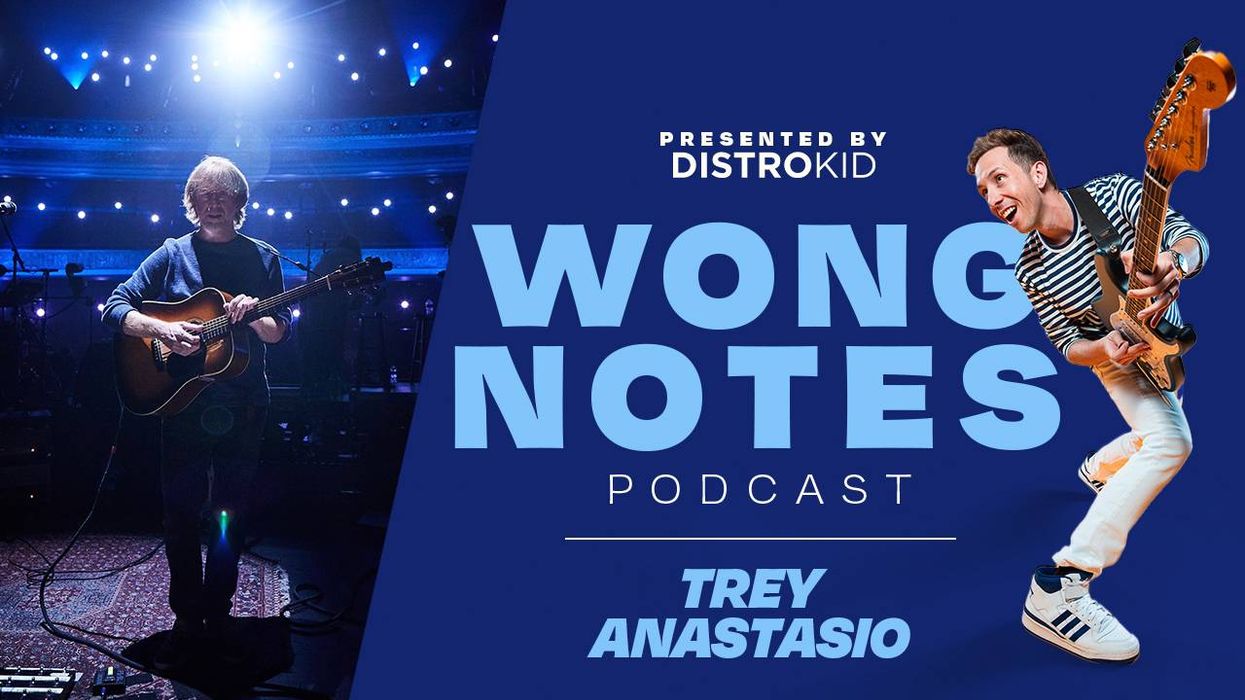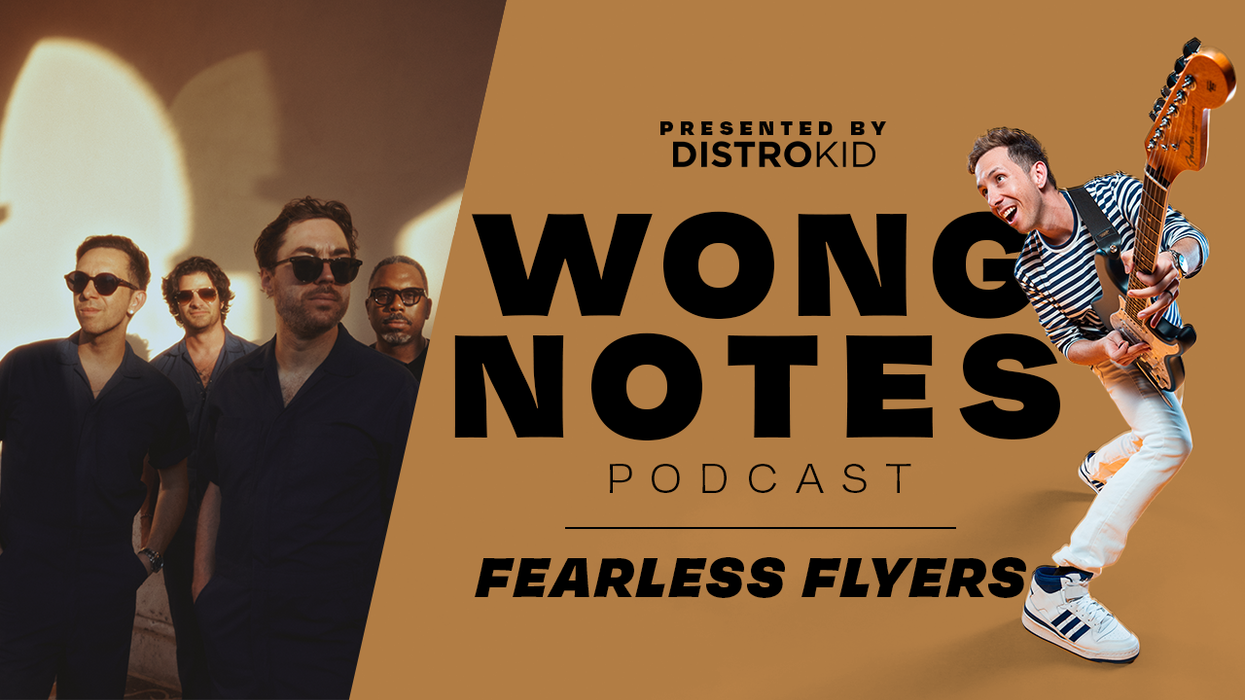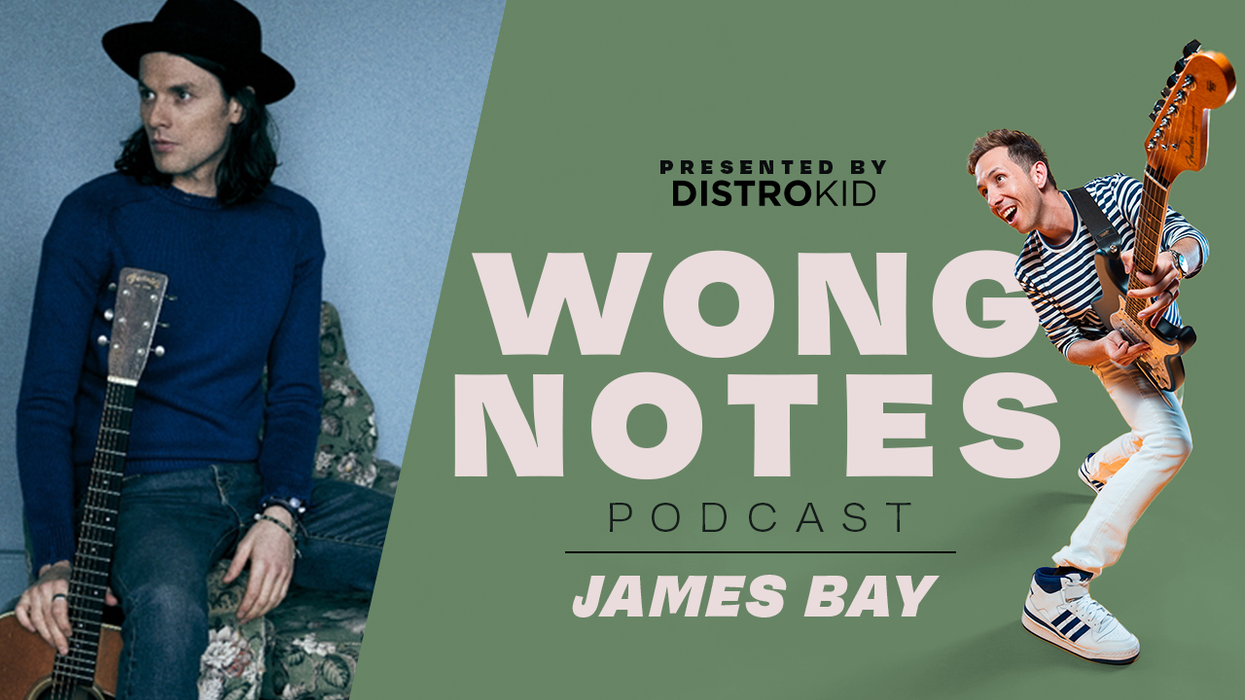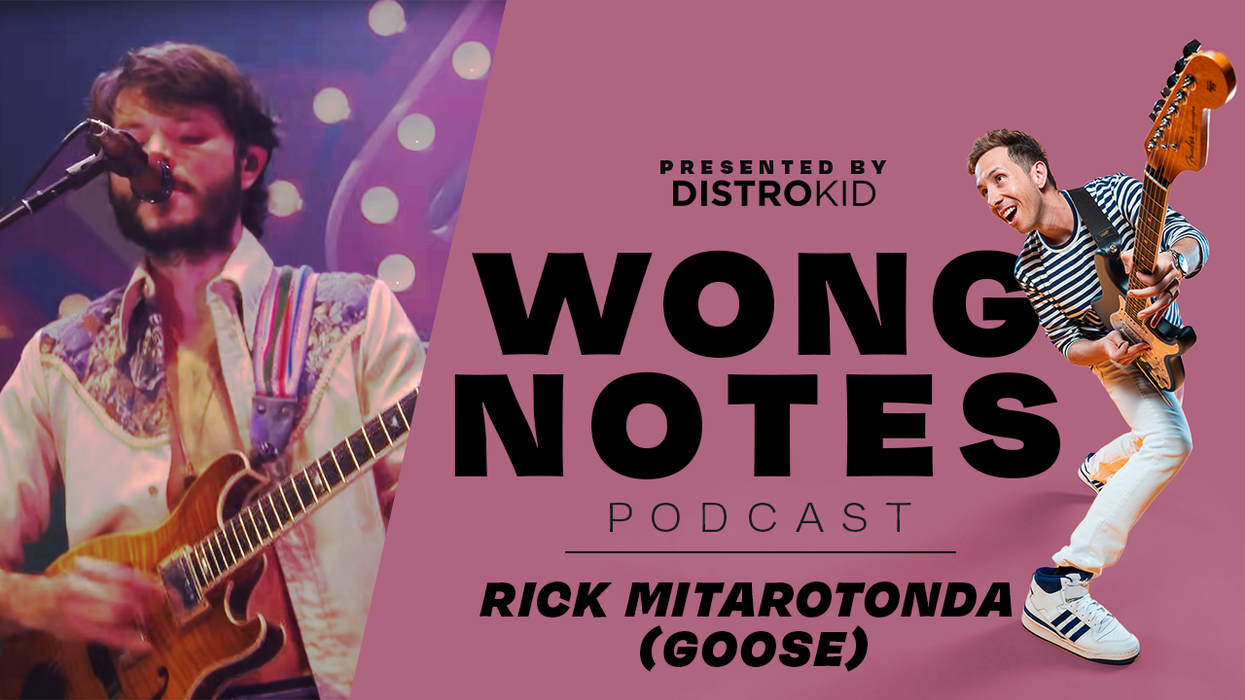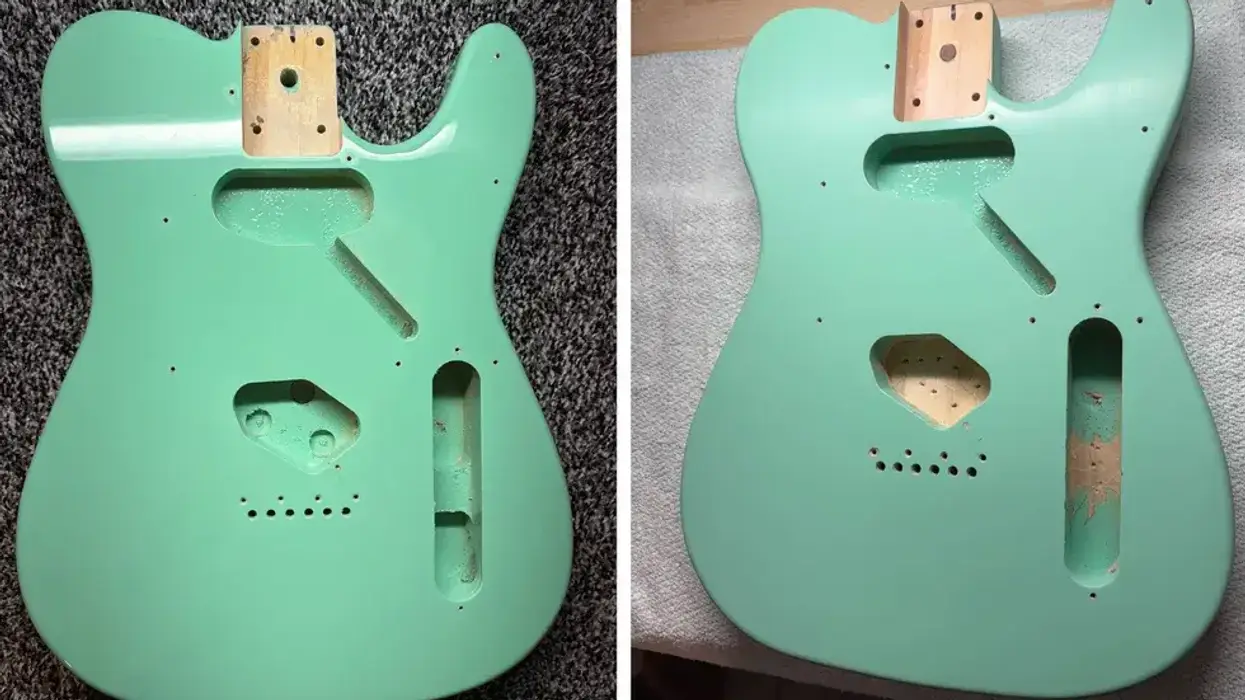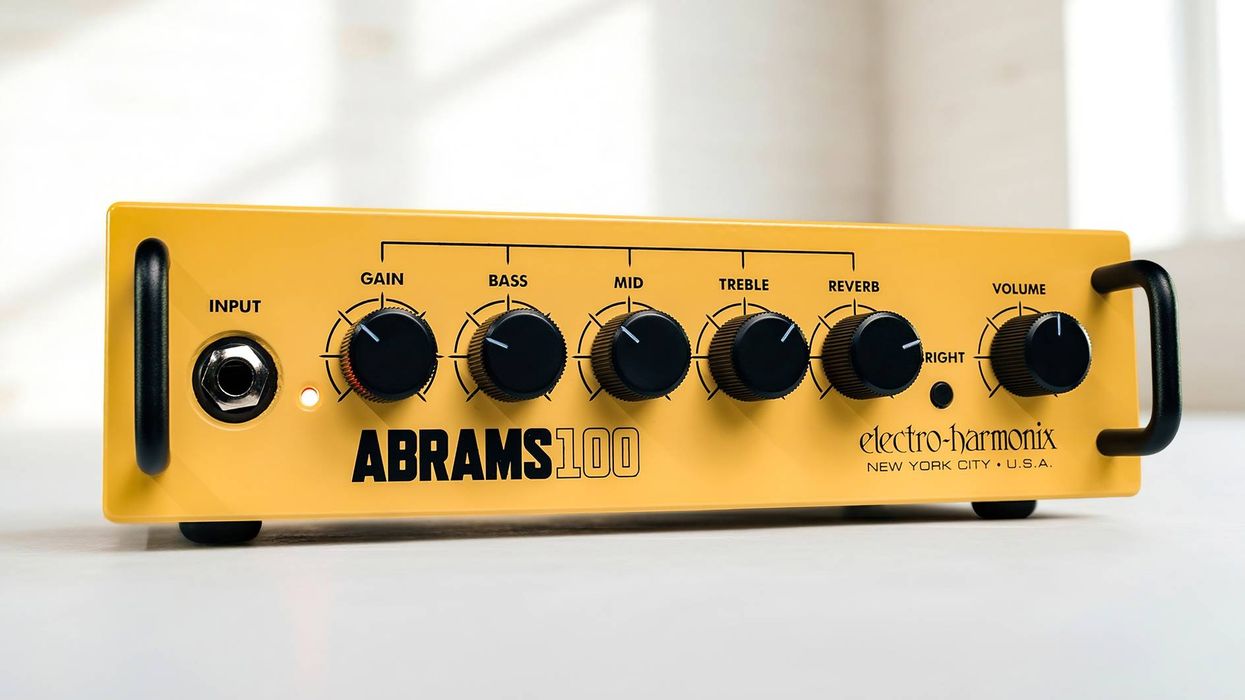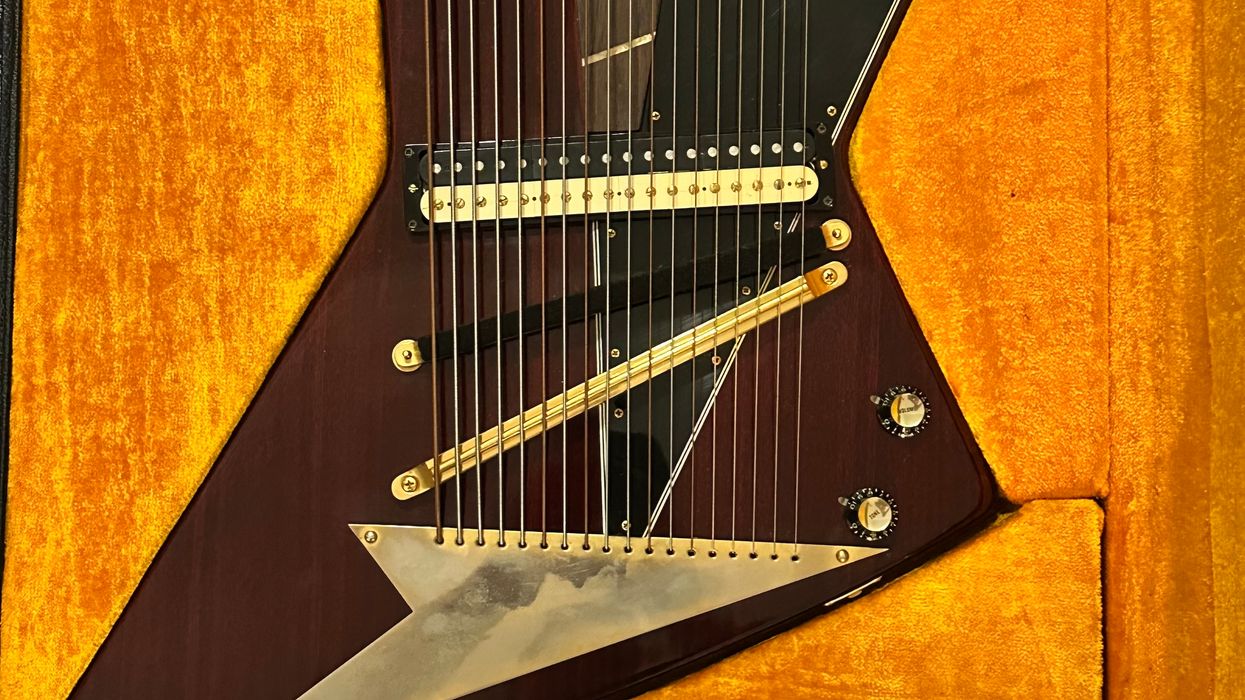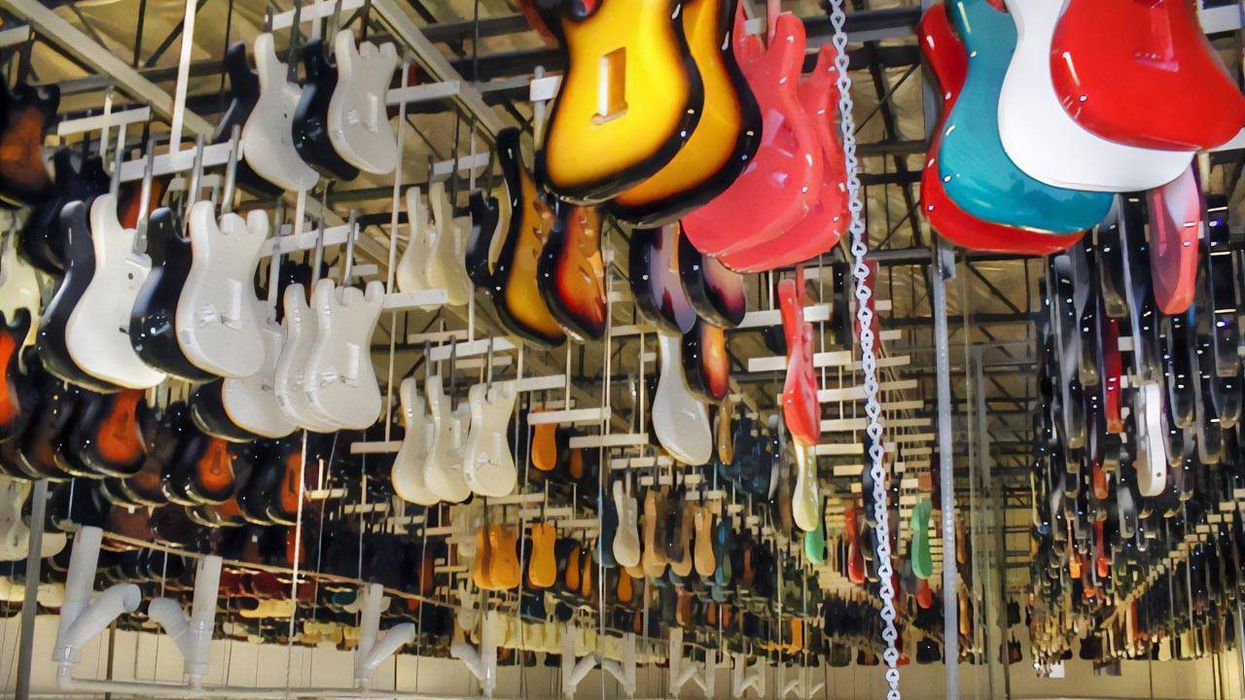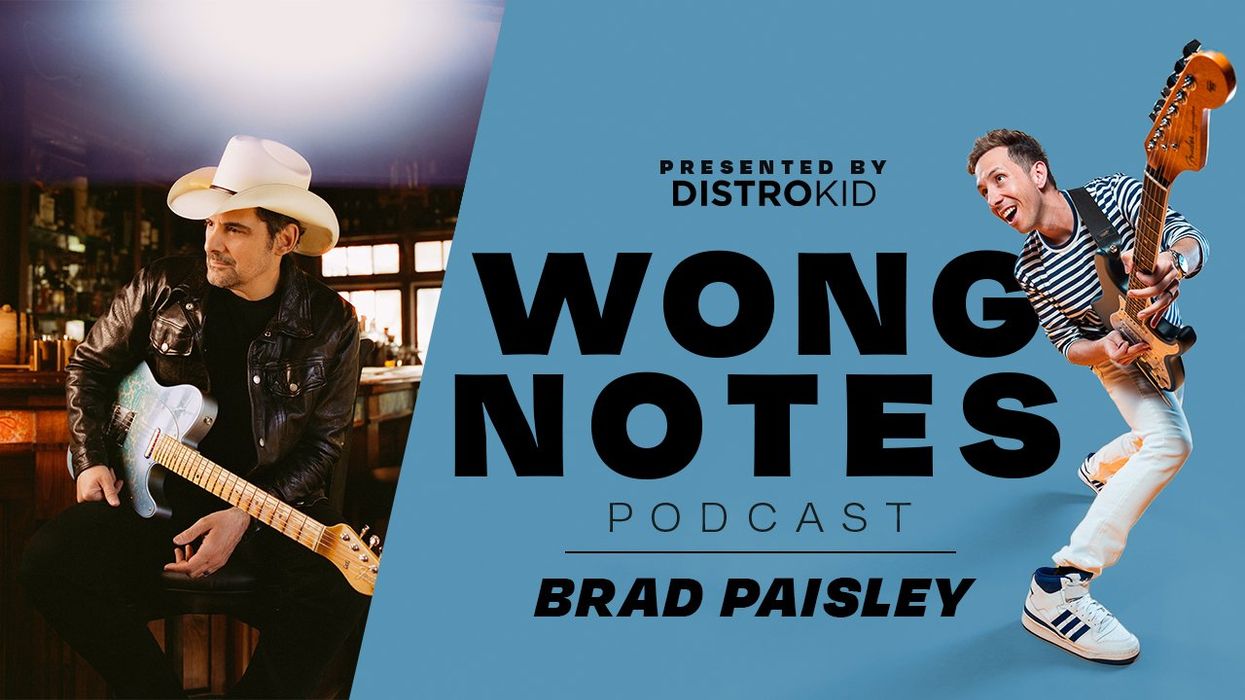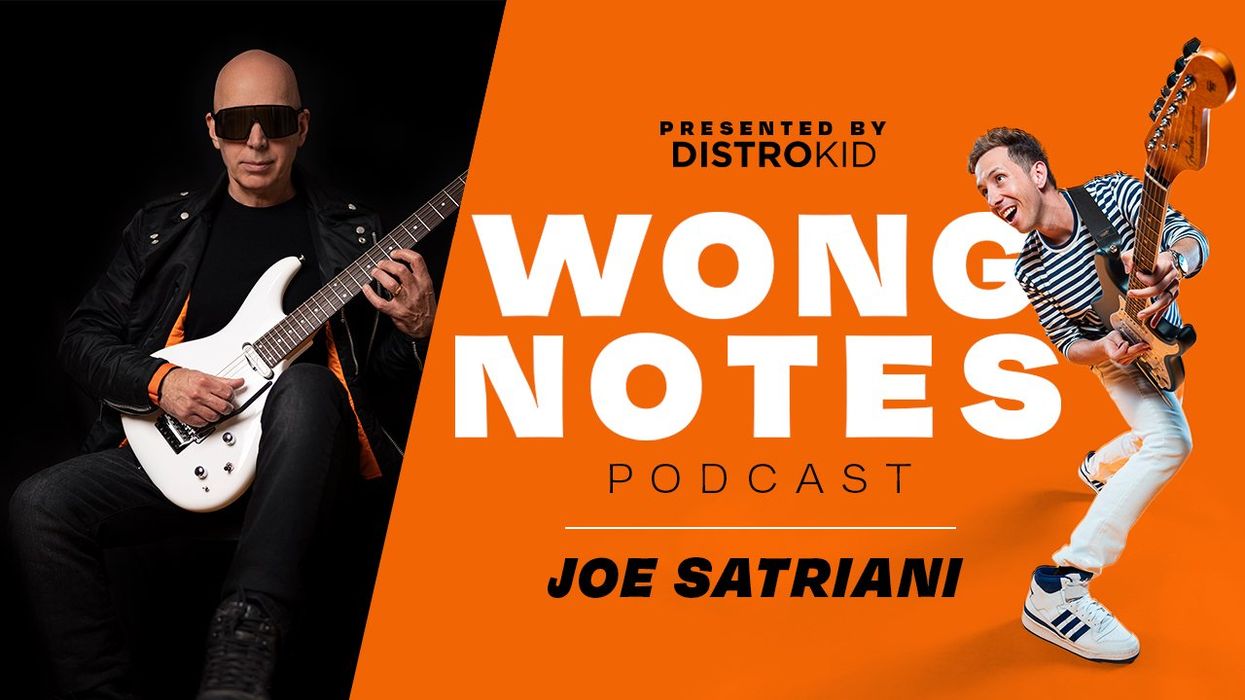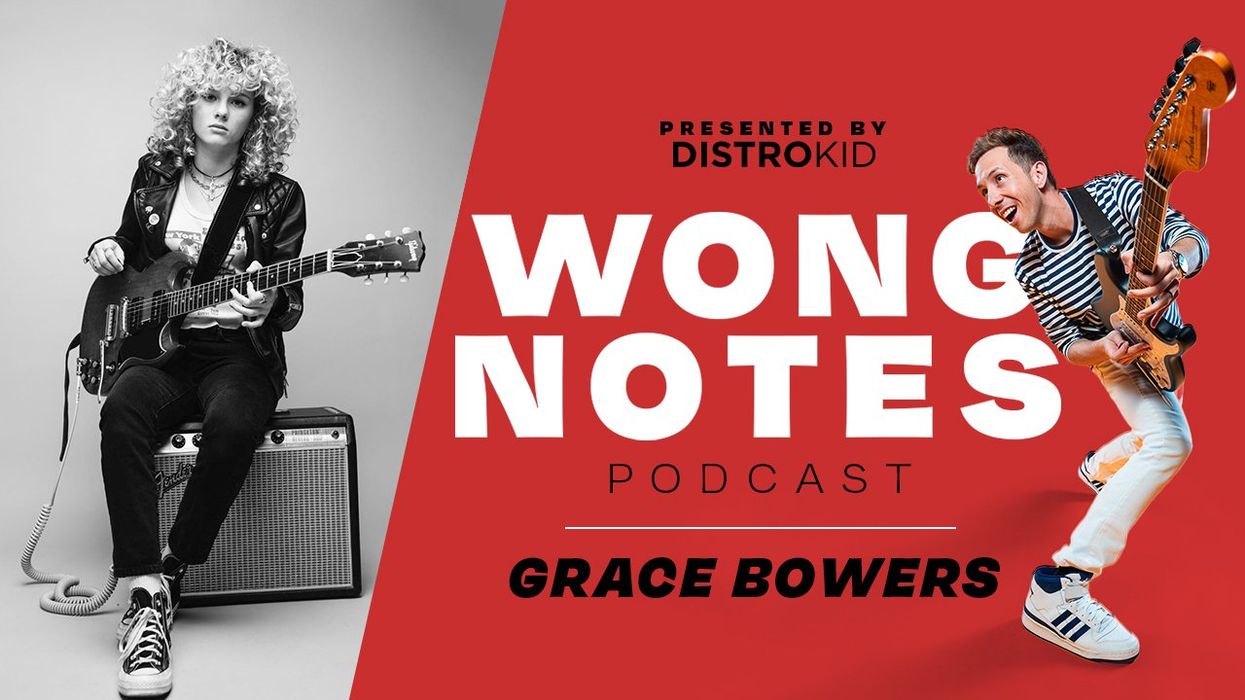The Australian-American country music icon has been around the world with his music. What still excites him about the guitar?
Keith Urban has spent decades traveling the world and topping global country-music charts, and on this episode of Wong Notes, the country-guitar hero tells host Cory Wong how he conquered the world—and what keeps him chasing new sounds on his 6-string via a new record, High, which releases on September 20.
Urban came up as guitarist and singer at the same time, and he details how his playing and singing have always worked as a duet in service of the song: “When I stop singing, [my guitar] wants to say something, and he says it in a different way.” Those traits served him well when he made his move into the American music industry, a story that begins in part with a fateful meeting with a 6-string banjo in a Nashville music store in 1995.
It’s a different world for working musicians now, and Urban weighs in on the state of radio, social media, and podcasts for modern guitarists, but he still believes in word-of-mouth over the algorithm when it comes to discovering exciting new players.
And in case you didn’t know, Keith Urban is a total gearhead. He shares his essential budget stomps and admits he’s a pedal hound, chasing new sounds week in and week out, but what role does new gear play in his routine? Urban puts it simply: “I’m not chasing tone, I’m pursuing inspiration.”




